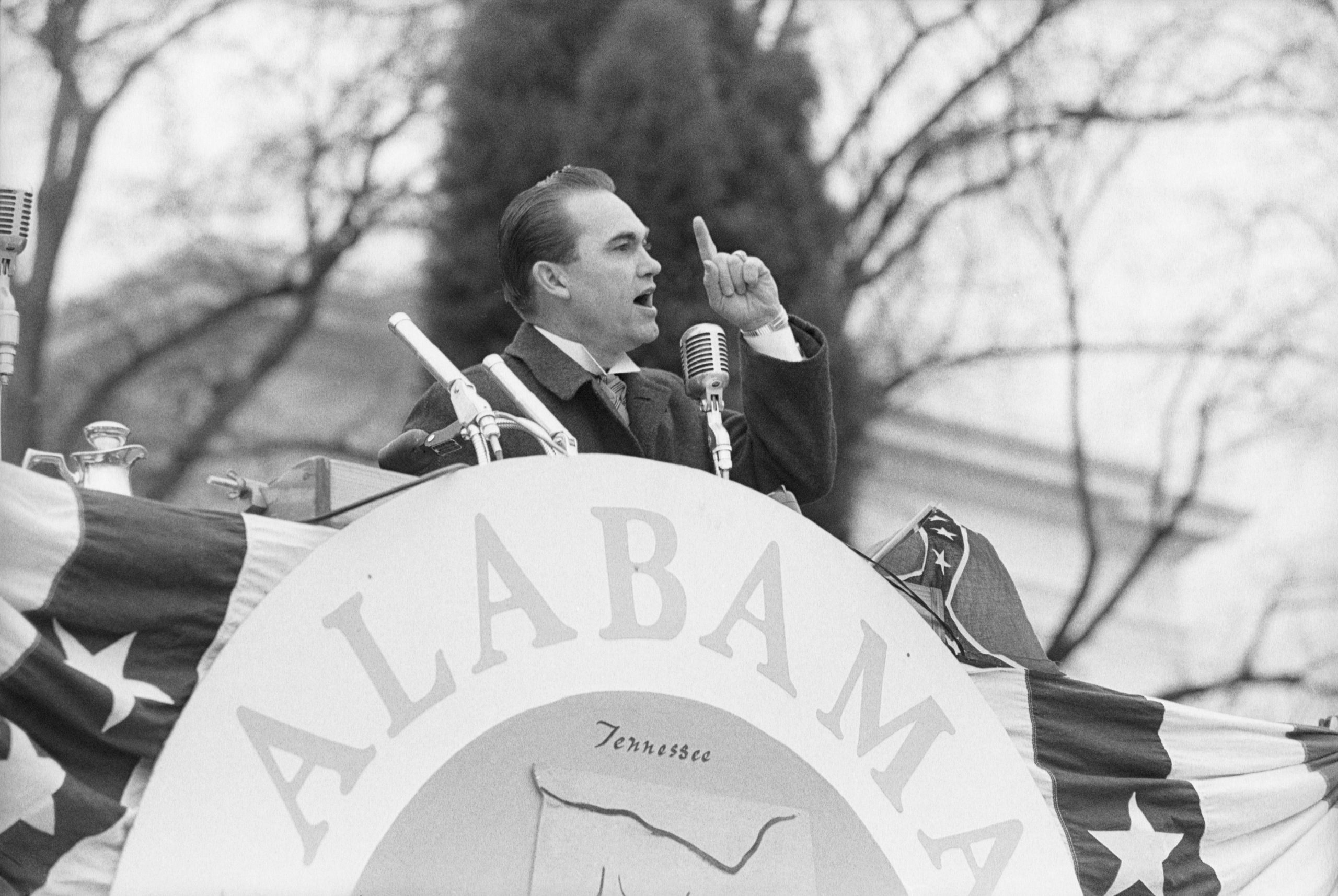George Wallace was the former governor of Alabama, a staunch segregationist and devout racist. He gained fame for protecting white supremacy by blocking the entryway of the University of Alabama and defying federal government orders to desegregate. He thrived in the days before the emergence of coded chants and dog-whistle racism; he was proud and loud in his rants and taunts.
Today, George Wallace’s ghost takes many forms. Sometimes it appears as a shareholder activist, waging proxy battles against corporations that awakened upon the murder of George Floyd and made promises to address their obvious unfair treatment of Black people by making their overall human capital ecosystem fairer. Sometimes, it appears through thinly veiled attacks on DEI and “woke” initiatives.
Today, the infamously duplicitous Wallace-era slogan, “separate but equal,” has morphed into an anti-woke campaign steeped in resentment and fueled by the misguided assumption, or fear, that Black people have somehow been given an unfair advantage in this country due to efforts like Affirmative Action and DEI, even while all evidence of that is to the contrary. Notwithstanding that Black people reside at the base of the economic pyramid or that they disproportionately populate prison systems and are disproportionately absent from c-suites, boards, and billionaire lists. The resentment at the heart of these attacks is aired by people who pretend to seek redress from the exact type of insensitivity they are fighting, but who cannot contain their resentment bubbling beneath the surface.
George Wallace was so emotionally invested in his hatred that his words and actions knew no boundaries. He fought hard during his political campaigns in the 1960s to uphold segregation and protect Alabama’s “Anglo-Saxon people,” notably rallying, “segregation now, segregation tomorrow, and segregation forever!” But, interestingly, before he died in 1998, George Wallace did an about-face. He sought redemption from Black America, spending the better part of the 80s and 90s trying to rehabilitate his legacy and ask for forgiveness.
We might tend to believe that a leopard can’t change its spots, holding tight to deeply engrained biases, especially ones as morally cut and dry as segregation. Was his shift in attitude later in life a product of true reflection or an astute awareness that the winds had changed and history does not look kindly upon those who stoke hate and fear? As Dr. Martin Luther King said, “The arc of the moral universe is long but bends toward justice.”
Whatever the motivation, before he transitioned from time to eternity, George Wallace’s words reflected a morality and repentance that signaled his thinking was transformed from oppressing fellow Americans to treating them with fairness and kindness.
It’s never too late to do the right and fair thing. America will be dragged down with the weight of unfairness and immorality until we do.
America is human. Sometimes, emotions get the best of us. We may hurt one another, but we’ve shown throughout history that our country is filled with forgiving people. Even one of the most celebrated and legendary civil rights leaders, Congressman John Lewis, publicly forgave Wallace, citing his belief in a man’s capacity to change and a nation’s capacity to forgive.
America has lost over $50 trillion since 1990 alone because of racial unfairness, but if we can start treating everyone fairly, we stand to gain $5 trillion in GDP in just a few short years. DEI programs are simply “fairness reminders,” which can help increase employee engagement. Research estimates that American corporations can generate an additional $550 billion in annual earnings through improved employee engagement, which drives innovation, productivity and profitability.
Corporate executives and government officials lead America. How, at a time when economic power is tantamount to global power and national security, are so many unwilling to address the national security issue of racial unfairness? It’s time for executives and officials to prove they care about America. Will they go down in history as taking the initiative to usher in a new era of democratic capitalism? Or will they follow in George Wallace’s footsteps, realizing a bit too late that the world around them has moved on, and they could have and should have done more, seeking pity and forgiveness from those they failed to protect and stand alongside in the face of injustice?

